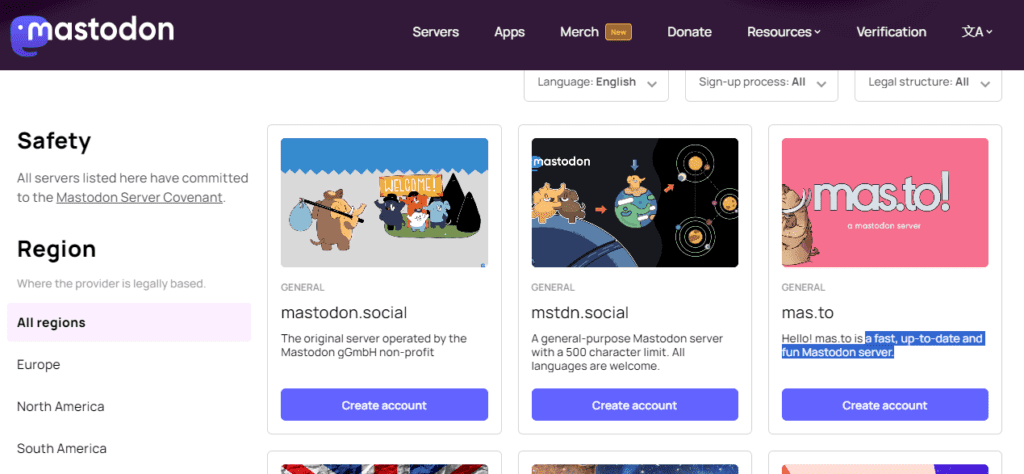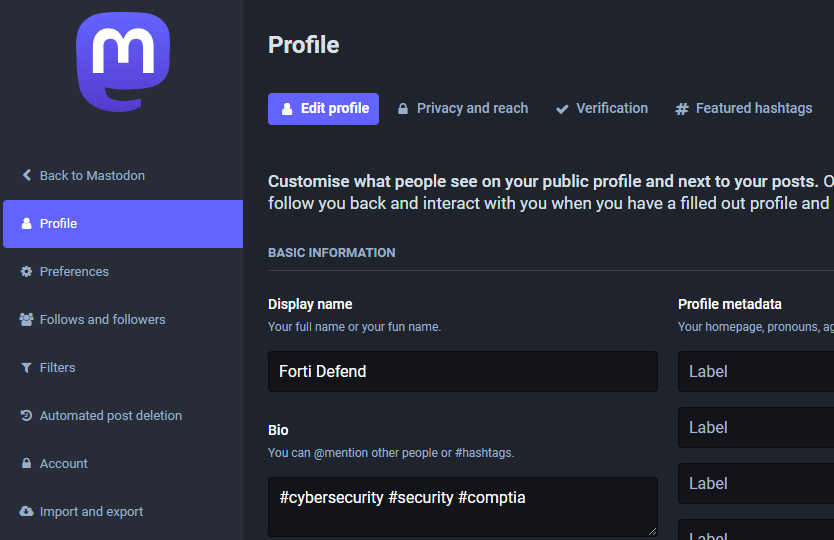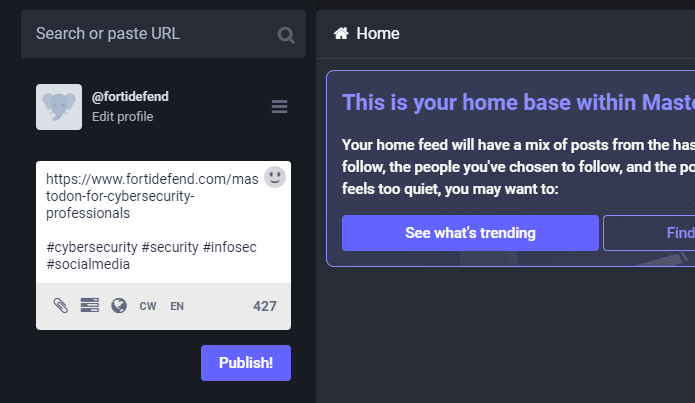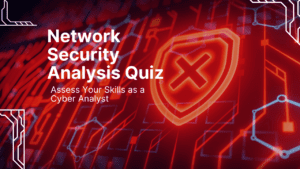Cybersecurity is an ever-evolving landscape and is an essential domain of technology. For a cybersecurity professional, it is crucial to stay informed and connected with peers – and social networking seems to be an excellent avenue to collaborate with like-minded professionals.
While traditional social media platforms including X (formerly Twitter), Facebook, and Reddit – offer some avenues for networking, Mastodon, presents a unique and distinctive opportunity for professionals or tech-minded people to engage with a wider audience towards a specific goal and be more centric towards their mission.
Understanding Mastodon’s Decentralized Structure
So, Mastodon basically works on a decentralized model, where anyone can create self-hosted social networking services (like a Facebook or X clone or a new internet security social network) with multiple independent instances hosting communities of users.
As a Cybersecurity professional or just for the sake of increasing internet safety and data privacy, you can create a self-hosted social community specifically tailored towards breach threats, privacy, and ethical hacking.
This independent decentralized structure ensures that no single entity or organization controls the entire platform, providing a level of autonomy for you and the community users and also reducing the risk of centralized data breaches.
Finding Your Niche: Instances and Communities
There are many Mastodon features that I like but the distinctive concept of independent instances is my favorite.
These instances are separate installations of the Mastodon platform, each with its own community and focus. It gives independence to any creator or professional who wants to create their own specific social community with the ability to join instances tailored to their specific interests, whether it’s threat intelligence, ethical hacking, or general cybersecurity discussions.
Steps to Create Your Mastodon Instance:
Select a Hosting Provider:
- You can choose a hosting provider that supports Mastodon instances. Some popular choices are – https://joinmastodon.org/servers, each with its own setup process. You can join many free servers but your community will have less

I’ve created a community on mas.to general server with the name ‘Forti defend’ and added my first post with cybersecurity hashtags and the link of this article.
Domain Registration:
- You have to register a domain for your instance and then point your domain instance to your Mastodon instance. This domain will be associated with your Mastodon community, so choose a name that reflects the focus of your instance. You can buy a new domain from various DNS providers but I suggest – Namecheap and IONOS, as they offer great deals.
Install Mastodon:
- Follow the installation instructions provided by Mastodon on their official documentation. This typically involves configuring the server, setting up a database, and running the Mastodon installation script.
You can also buy linode servers or AWS servers to host your own independent instances for more security and control over your social network community.
You can follow this guide -https://www.linode.com/docs/guides/install-mastodon-on-ubuntu-2004/ to install Mastodon on your linode instance. If the above guide seems difficult to follow, please contact me through my contact page, and I would definitely try to create a simple tutorial for m readers.
Configure Instance Settings:
- Customize your instance settings, including the instance name, rules, and guidelines. You must clearly communicate the purpose and expectations of your cybersecurity-focused community.
Promote Your Instance:
- Share the details of your newly created instance within relevant communities and forums to attract like-minded cybersecurity professionals.
You can use Reddit, Twitter, Facebook and related forums to promote your community. You can also publish guides and expert opinion on related sites or forums to garner more reach for your Mastodon instance.
Utilizing Hashtags for Targeted Conversations
Hashtags play a crucial role in organizing and discovering content on Mastodon.

Cybersecurity professionals can leverage relevant hashtags like #InfoSec, #CyberSecurity, and #ThreatHunting to discover and participate in discussions related to their areas of expertise.
By following these hashtags, users can curate a personalized feed that aligns with their interests and professional goals.
Privacy and Security Considerations
Mastodon’s commitment to user privacy aligns well with the values of cybersecurity professionals. The platform allows users to control the visibility of their posts, supports content warnings for sensitive material, and emphasizes user consent.
Understanding and configuring these privacy features ensures a secure and comfortable experience for cybersecurity practitioners.
Building Connections and Collaborating
Engaging with the Mastodon community goes beyond passive consumption of content.
In my opinion, actively participating in discussions, sharing insights, and collaborating on projects can definitely lead to meaningful connections with like-minded professionals -which can be beneficial for your personal growth and the community could also accumulate a positive affirmation from the like-minded professionals.

Mastodon’s federated model enables users from different instances to interact seamlessly, fostering a diverse and dynamic cybersecurity community.
Conclusion
In more simpler terms, I would say that, Mastodon presents a valuable platform for cybersecurity professionals to connect, share knowledge (with professionals/security enthusiasts), and stay updated in a decentralized and privacy-focused environment.
By strategically choosing instances according to your preferences, utilizing relevant hashtags, and actively engaging with the community, you as a cybersecurity professional or a practitioner can leverage Mastodon to enhance your professional development and contribute to the broader discourse on online security.


